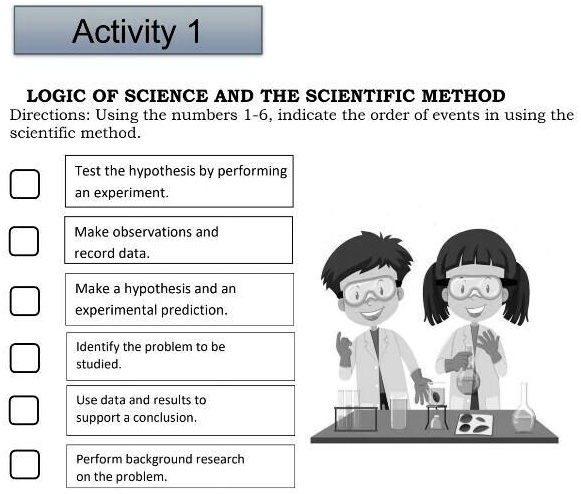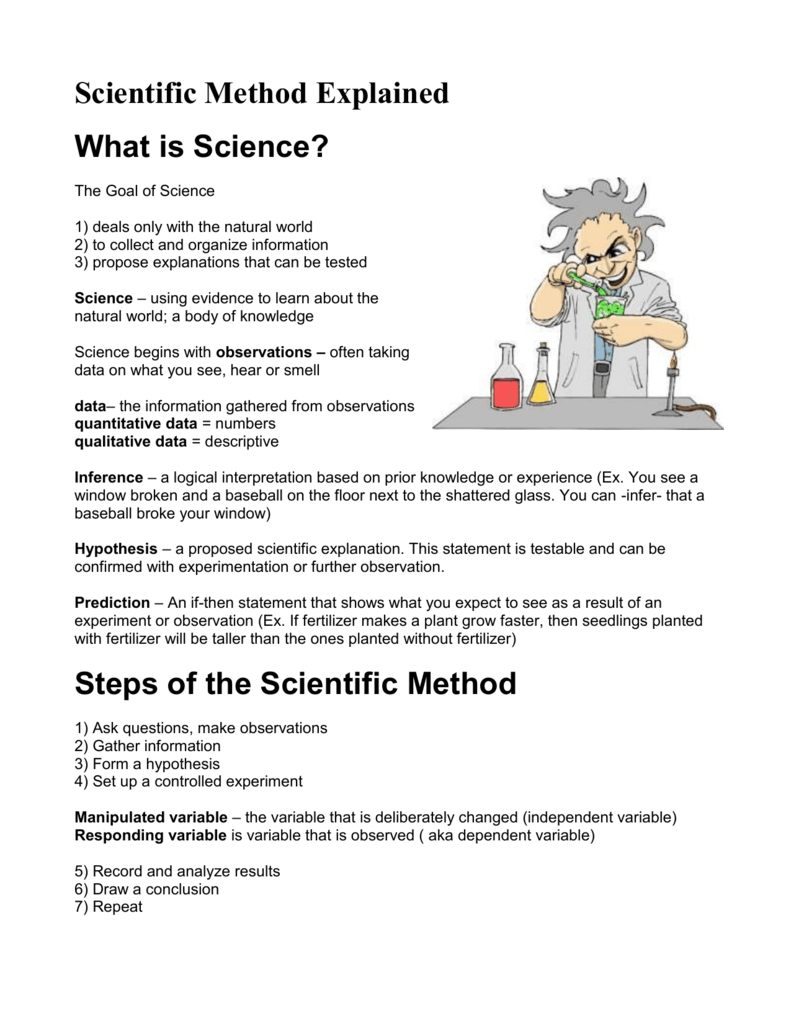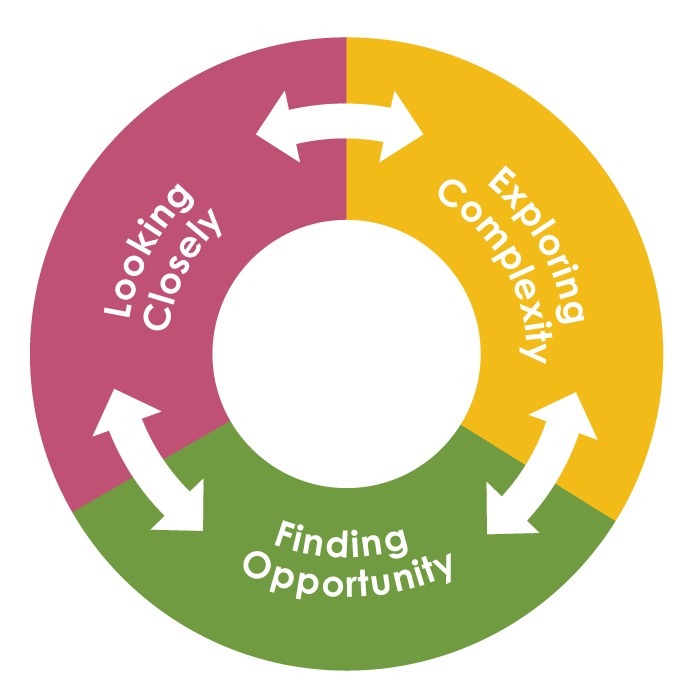Making an observation involves actively paying attention to something in the environment and noting its characteristics or features. It is an important skill that allows us to gather information about the world around us and to better understand and interpret it.
To make an observation, it is important to approach the task with an open and unbiased mind. It is easy to let our preconceived notions and expectations influence what we see, but it is important to try to avoid this and instead focus on what is actually present. It can also be helpful to take notes or record observations to ensure that they are accurately recorded and can be referred to later.
One key aspect of making an observation is to be specific and detailed. Instead of simply stating that something is "big," for example, it would be more useful to describe its size in relation to something else, or to provide other details such as shape or color. The more information that is gathered during an observation, the more complete and accurate the understanding of the object or event being observed will be.
Another important aspect of making an observation is to consider the context in which it is occurring. This may include the location, time of day, or other factors that could potentially impact what is being observed. For example, observing the behavior of a particular animal in a zoo may be different from observing it in its natural habitat.
In conclusion, making an observation is a valuable skill that involves actively paying attention to the world around us and noting its characteristics and features. It involves approaching the task with an open and unbiased mind, being specific and detailed in our observations, and considering the context in which they are occurring. By practicing this skill, we can gain a deeper understanding of the world and the things that make it up.









